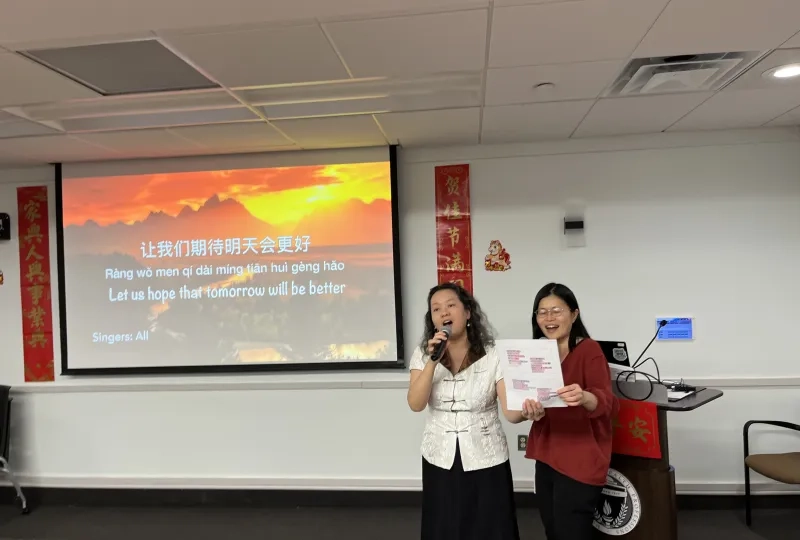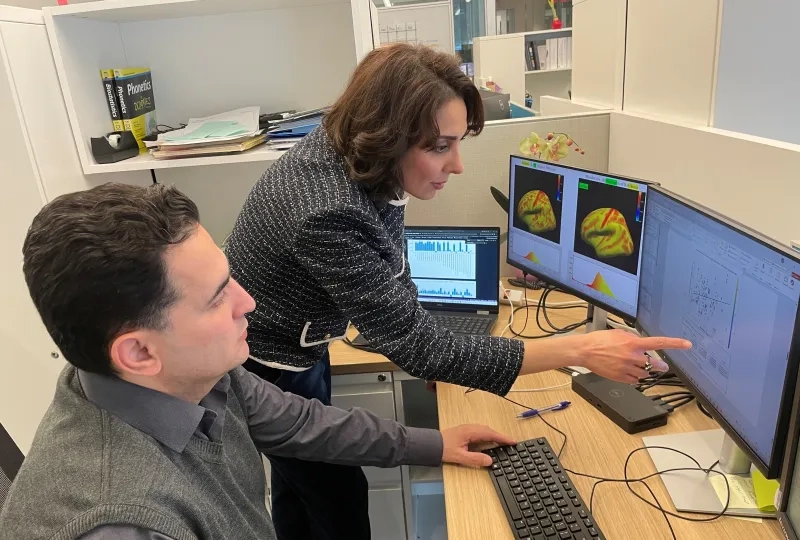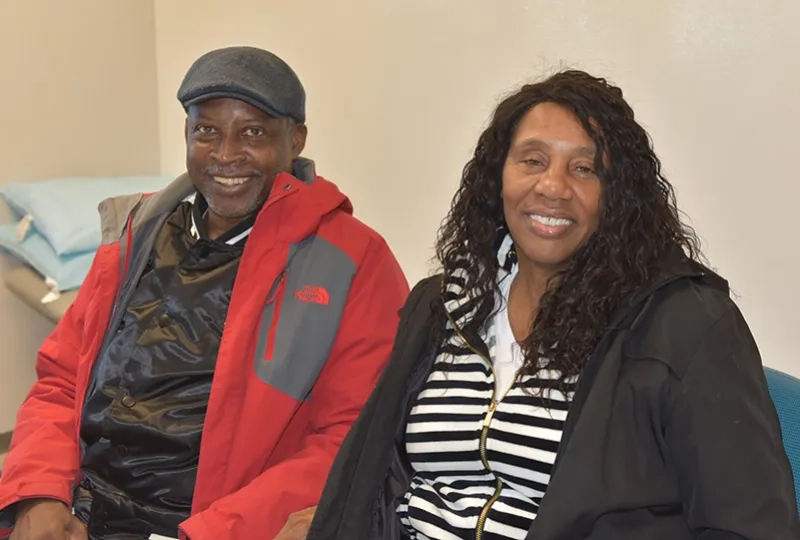
Becoming a speech-language pathologist (SLP) allows you to impact the intricacies of human communication. Understand the steps, requirements, and opportunities involved in becoming a speech-language pathologist, from education to clinical experiences.
Navigating the Path: Understanding How to Become a Speech-Language Pathologist
The pursuit of becoming a speech-language pathologist begins with a clear understanding of the profession. Speech-language pathologists are experts in diagnosing and treating communication and swallowing disorders across diverse age groups. Examples include working with children with language and literacy issues, and helping adults with communication difficulties induced by strokes or other conditions.
Foundational Education: Earning a Bachelor's Degree
The first step toward a career in speech-language pathology is obtaining a bachelor's degree. While there is no rigid requirement for a specific major, many aspiring SLPs choose fields such as communication sciences and disorders, linguistics, or psychology. The undergraduate phase provides a foundational understanding of language development, anatomy, and communication processes.
Graduate Education: Master's Degree in Speech-Language Pathology
To practice as a licensed speech-language pathologist, a master's degree in speech-language pathology is required. Pursuing advanced education provides an in-depth exploration of speech and language disorders, diagnostic methods, evidence based intervention strategies, and therapeutic goal-setting/interventions. This phase is where aspiring SLPs hone their clinical skills through hands-on experiences and supervised practicum.
The MGH Institute of Health Professions stands as a leader in speech-language pathology education and research. As the graduate school affiliate of Mass General Brigham, it offers a cutting-edge program and clinicals, ensuring students receive a comprehensive education in this field.
Clinical Practicum and Internship Experiences
Clinical experiences are the bedrock of an SLP's education. As part of the master's program, students at the MGH Institute engage in foundational clinical practicum experiences in state-of-the-art Speech, Language and Literacy Center mentored by faculty clinical experts, and multiple experiences in our affiliated clinical sites. During their second year, students receive opportunities for clinical placements over three to four semesters at more than 200 prominent hospitals, clinics, centers and schools. As the only degree-granting affiliate of Mass General Brigham (MGB), the Institute gives students access to MGB's top hospitals and clinical sites. These hands-on training opportunities allow students to apply evidence based intervention strategies and theoretical knowledge like literacy intervention frameworks in real-world settings; developing essential clinical skills.
Meeting Speech-Language Pathologist Requirements for Licensure
Licensure is a critical requirement to practice as an SLP. Graduates of the MGH Institute of Health Professions meet the national academic and clinical standards for the Certificate of Clinical Competence from the American Speech Language and Hearing Association and are eligible for licensure in any state in the U.S.
Specialization
The Graduate Program in Communication Sciences and Disorders at the MGH Institute of Health Professions offers unique opportunities for students to concentrate in the areas of literacy, medical SLP, neurogenics, voice, early intervention, and autism.
Building a Career: Job Opportunities and Professional Development
Armed with the necessary education and licensure, speech-language pathologists can explore diverse career opportunities. SLPs work in various settings, including schools, healthcare facilities, rehabilitation centers, and private practices. Professional development is continuous, with SLPs attending conferences, joining professional organizations, and pursuing advanced certifications. You may even choose to continue on and obtain your doctorate in speech-language pathology, with professional supervision and mentorship from leaders in their fields. This is beneficial to individuals who wish to take on roles as master clinicians, clinical educators, clinical administrators, or who wish to become more active in research.
Becoming a speech-language pathologist intertwines passion, education, and dedication. With a commitment to ongoing education, clinical practice, and staying attuned to advancements in the field, individuals aspiring to become SLPs can contribute significantly to improving the lives of those facing communication challenges.



